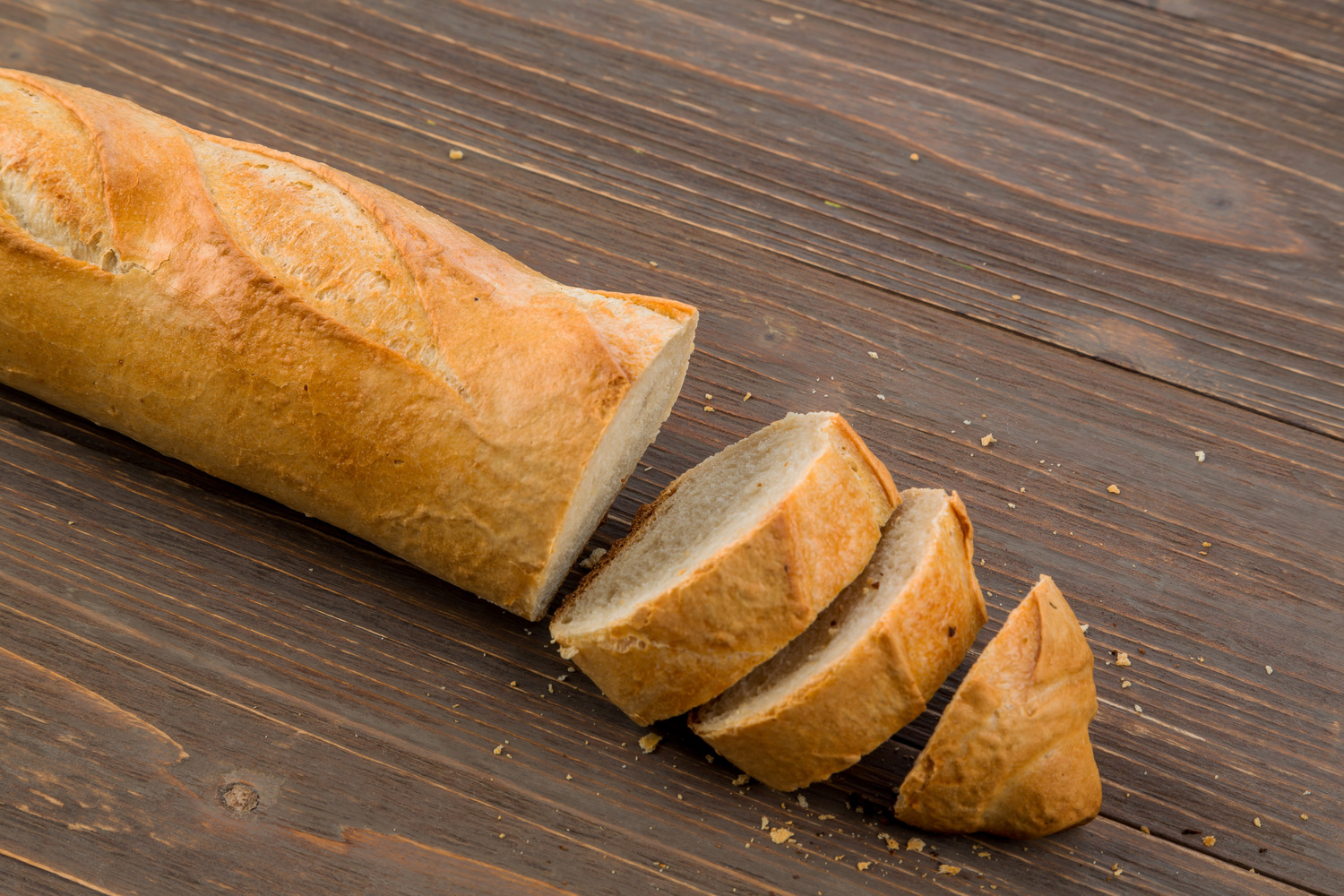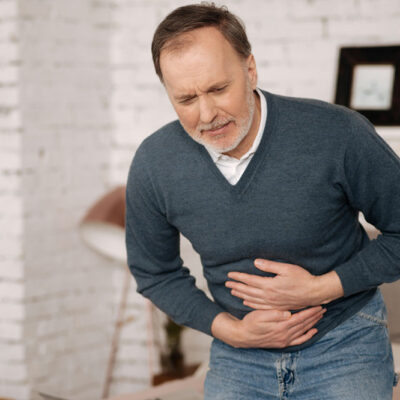
The Top Foods That Can Interact With Vaccines
According to the World Health Organization (WHO), immunization via vaccine safeguards millions of lives every year against life-threatening epidemics and diseases such as diphtheria and tetanus, shingles, influenza, HPV (human papillomavirus) and more. Vaccines—like flu vaccines and mRNA vaccines work by exposing healthy bodies to a tiny sample of germs (i.e., mRNA ca t cells). The body then recognizes this threat and thus, produces the antibodies to effectively fight off the disease. When we get a vaccine, we want to ensure we’re taking the proper precautions before and after to ensure effectiveness when fighting diseases. That’s why the following foods should be avoided after getting a vaccine:
1. Processed foods
Processed foods—like boxed crackers, cereals, chips, and cookies—contain a lot of refined sugar, empty carbohydrates, and trans fats that can interfere with the effectiveness of a flu vaccine. Because these foods are so altered from their natural state, the many unhealthy ingredients within should be avoided before or after getting a vaccination.
2. Sugary sodas and other beverages
Studies show that diets too high in refined sugars are potentially dangerous for the immune system after vaccination. Bodies exposed to too much refined sugar from drinks like soda, energy drinks, and “fruity” juices, trigger an inflammatory response that weakens the immune system’s response to the mrRNA vaccine, and can cause days of recovery after getting vaccinated.
3. White bread and pasta
White breads and pastas are highly processed with ingredients like sugar and refined flour. These empty calories remain in the body, triggering high blood sugar and chronic inflammation, which both do their part to lower a vaccine’s effectiveness.
4. Alcohol
Numerous studies show that alcohol reduces the plethora of germ-fighting bacteria in the immune system. It also impacts the ability of immuno-antibodies to fight off germs and infection. This means that drinking alcohol right before or after getting a vaccine may be counterproductive. Drinking alcohol has also been shown to stress the immune system, according to numerous research studies, and interfere with sleep, which is vital after getting a flu vaccine.
5. Potatoes
Similar to white breads and pastas, potatoes are mostly starch, which tends to cause inflammation. When the body is largely fueled with starchy foods, like potatoes, the immune system’s response can suffer, increasing blood sugar levels as well as the body’s ability to fight off germs and infection.
Healthy nutrition is imperative when we’re sick or exposed to any germs or illnesses, which is why the foods we eat can dramatically impact the effectiveness of a influenza or mrRNA vaccine. Research from the Institute of Medicine (IOM), notes that consuming whole, nutritious fruits, veggies, lean proteins, and healthy fats, as well as staying well-hydrated will help maximize recovery time and improve the effectiveness of any vaccination.


